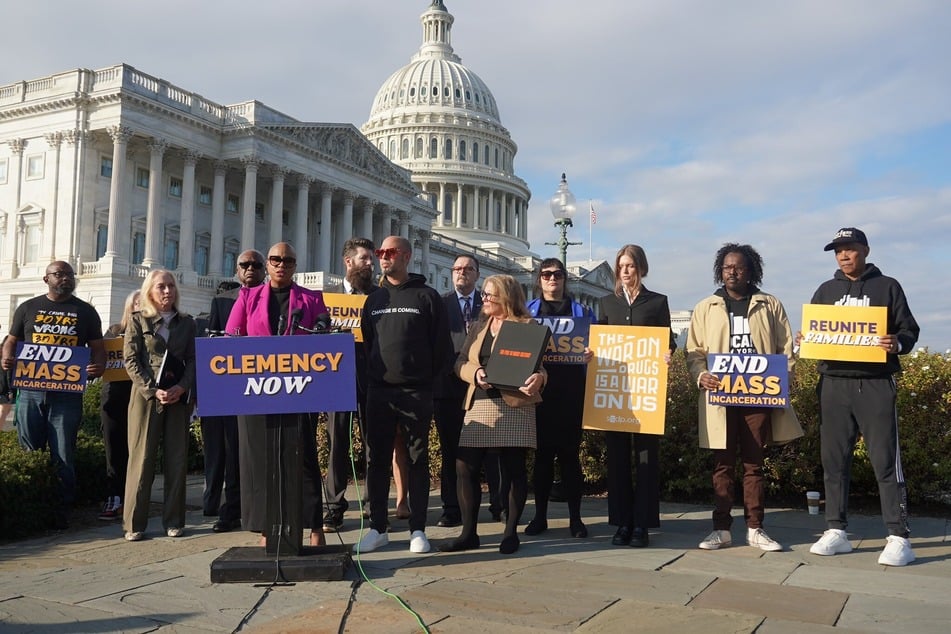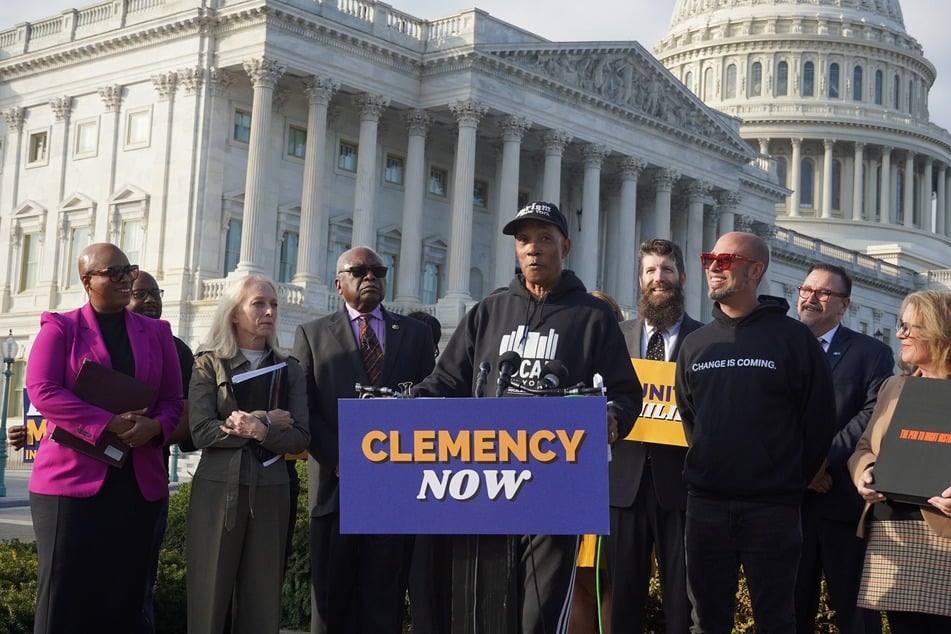Biden urged to use power to address mass incarceration before Trump takes office
Washington DC - In a new letter, more than 60 members of Congress urged President Joe Biden to use his clemency power to tackle the nation's mass incarceration crisis before he leaves office in January.

"As you continue to deliver for the American people during the final months of your presidency, we urge you to use your executive clemency power to reunite families, address longstanding injustices in our legal system, and set our nation on the path toward ending mass incarceration," the lawmakers wrote in the letter, led by Representatives James Clyburn and Ayanna Pressley.
"Now is the time to use your clemency authority to rectify unjust and unnecessary criminal laws passed by Congress and draconian sentences given by judges," the letter continued.
During a Wednesday press conference on Capitol Hill, Pressley noted that around 50% of adults around the US have had an immediate family member incarcerated.
"That is a tragedy, and it is a damning commentary of the state of our nation," the Massachusetts Democrat said. "But there is a solution, and clemency is a part of that solution."
Pressley suggested the president prioritize elderly and chronically ill people, people with unjustified sentencing disparities (as in the case of crack v. powder cocaine), people on death row, and women who were punished for defending themselves against abuse.
According to the Office of the Pardon Attorney, Biden has received nearly 12,000 clemency requests which are pending – with 60 days left in office to act.
Advocates urge Biden to lead with "love and compassion"

The congressional letter came as Republican Donald Trump prepares to retake the White House on January 20, giving little hope for relief of the mass incarceration crisis.
Currently, almost two million people are locked up in prisons and jails around the US. The Prison Policy Initiative has found that 35% of incarcerated people in the US are Black – although Black people make up just 14% of the national population.
Predatory policing and racist mass incarceration escalated during the war on drugs. An infamous 1994 crime bill, championed at the time by then-Senator Biden, has only made matters worse.
These systemic injustices have devastating impacts on Black and brown lives and communities, as VOCAL-NY activist Neil Berry illustrated in moving testimony outside the Capitol on Wednesday.
Berry, who is Black, told reporters he was wrongfully arrested in Brooklyn, New York, in 1988 on drug charges. At the time, he was a pioneering stockbroker on Wall Street who had never been in prison before.
The wrongful conviction saw Berry lose his fiancee, his car, his livelihood, and his dignity, he said. After his release, it took him three decades to regain his economic stability, and he became homeless and an alcoholic along the way.
"Biden, we know the history of the war on drugs," Berry said with reference to the crime bill.
"There's an opportunity to leave a legacy of hope and care," he urged. "I come out of a loving and compassionate environment. I hope that love and compassion will go forward, especially in this climate."
Cover photo: Screenshot/X/@RepPressley

